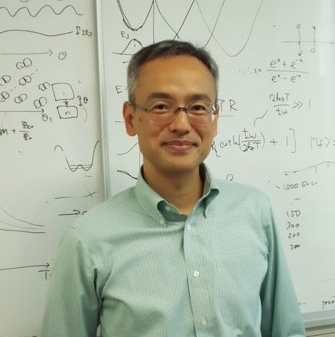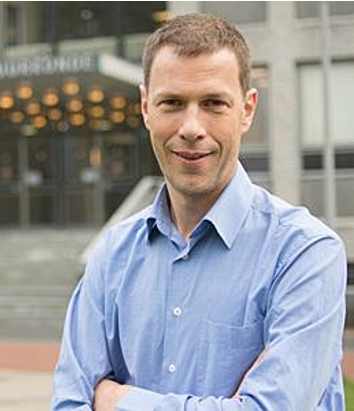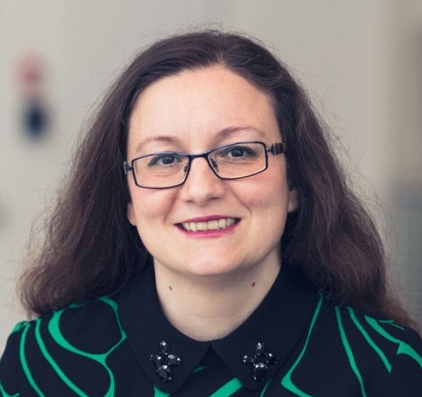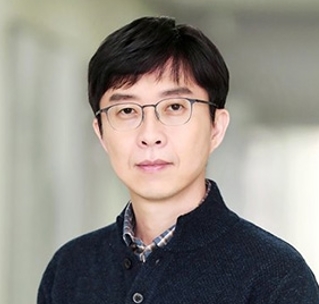•Professor, Research Center for Advanced Science and Technology (RCAST), The University of Tokyo, Japan
•Team Leader, Superconducting Quantum Electronics Team, Center for Emergent Matter Science, RIKEN, Japan
Brief Bio:
Yasunobu Nakamura has been pioneering the science and technology of superconducting quantum computing. Most famously, he demonstrated the first superconducting qubit in 1999. His current research interests are quantum information processing using superconducting circuits, microwave quantum optics, and hybrid quantum systems. He received the Sir Martin Wood Prize and the Nishina Memorial Prize in 1999, the Agilent Technologies Europhysics Prize in 2004, the Simon Memorial Prize in 2008, and the Leo Esaki Prize in 2014.
Yasunobu received a BSc and an MSc from the Department of Applied Physics, The University of Tokyo in 1990 and 1992, respectively. He then joined the Fundamental Research Laboratories of NEC Corporation, working on mesoscopic electronic devices. From 2001 to 2002, he spent a year with the Department of Applied Physics at the Technical University at Delft as a Visiting Researcher. He received a Dr. of Engineering degree from the Department of Applied Physics, at The University of Tokyo in 2011. He moved to the current position in the Research Center for Advanced Science and Technology (RCAST), at The University of Tokyo, in 2012. He is also affiliated with the RIKEN Center for Emergent Matter Science as a Team Leader of the Superconducting Quantum Electronics Team since 2014.





